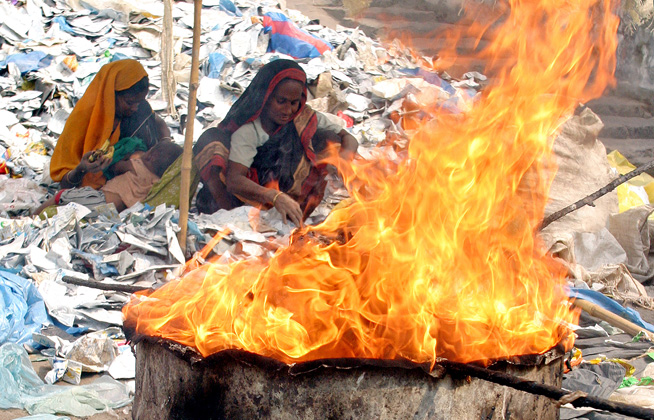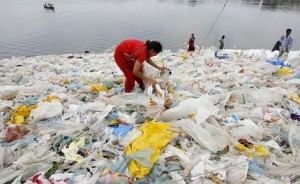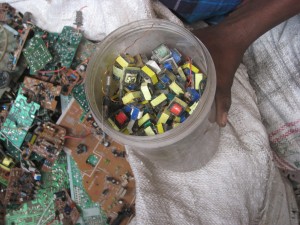Waste in Bangladesh

Trend of Urban Waste Creation in Bangladesh
There is an increasing rate of waste generation in Bangladesh and it is projected to reach 47, 064 tonnes per day by 2025. The Waste Generation Rate (kg/cap/day) is expected to increase to 0.6 in 2025. A significant percentage of the population has zero access to proper waste disposal services, which will in effect lead to the problem of waste mismanagement.
The total waste collection rate in major cities of Bangladesh such as Dhaka is only 37%. When waste is not properly collected, it will be illegally disposed of and this will pose serious environmental and health hazards to the Bangladeshis.
Waste Mismanagement in Bangladesh
Bangladesh has minimal waste collection coverage which forces majority of the waste to be dumped in open lands. These wastes
are not disposed of properly, where general wastes are often mixed with hazardous waste such as hospital waste. In a report on solid waste management in Asia, the data showed that, in Dhaka, only about 42% of generated waste is collected and dumped at landfill sites, and the rest are left uncollected. As much as 400 tons are dumped on the roadside and in open space. As such, this improperly disposed waste poses serious health implications to the people where it may have the potential of transmitting diseases.
Due to the lack of funding, there are also insufficient subsidies put in place for the issue of waste management in Bangladesh. Hence, there are essentially no proper disposal facilities to cater to the rapid creation of waste.
Negative Impacts of Poor Waste Management
One of the most adverse impacts of poor waste management, especially municipal waste, is the incidence and prevalence of diseases such as malaria and respiratory problems, as well as other illnesses through the contamination of ground water. Biomedical wastes pose great danger in Bangladesh too as a report estimated that 20% of the biomedical waste is “highly infectious” and is a hazard since it is often disposed of into the sewage system or drains. Such poor sanitation has serious consequences for the health of the residents and a report suggests that “most of the child mortality could be related with this problem”. With regards to the living standards, solid waste leads to blockage in the drainage system which leads to flooding in the streets. Consequently, mosquitoes and bad odour are among the negative impacts resulted.
Current Government Efforts
There have been recent developments in Bangladesh to improve waste management, especially in urban cities. In Dhaka, Dhaka City Corporation with support from the Japan International Corporation Agency (JICA) has a master plan underway to better handle the solid waste management in Dhaka. For instance, Social Business Enterprise Waste Concern, has sprung up to tackle the municipal waste accumulation problem through working with the households.
UNICEF has also initiated recycling programs and waste control with the city corporations and municipalities. However, currently, there are still insufficient incentives to improve the standard of waste management across all relevant sectors, especially for industrial waste and medical waste.



